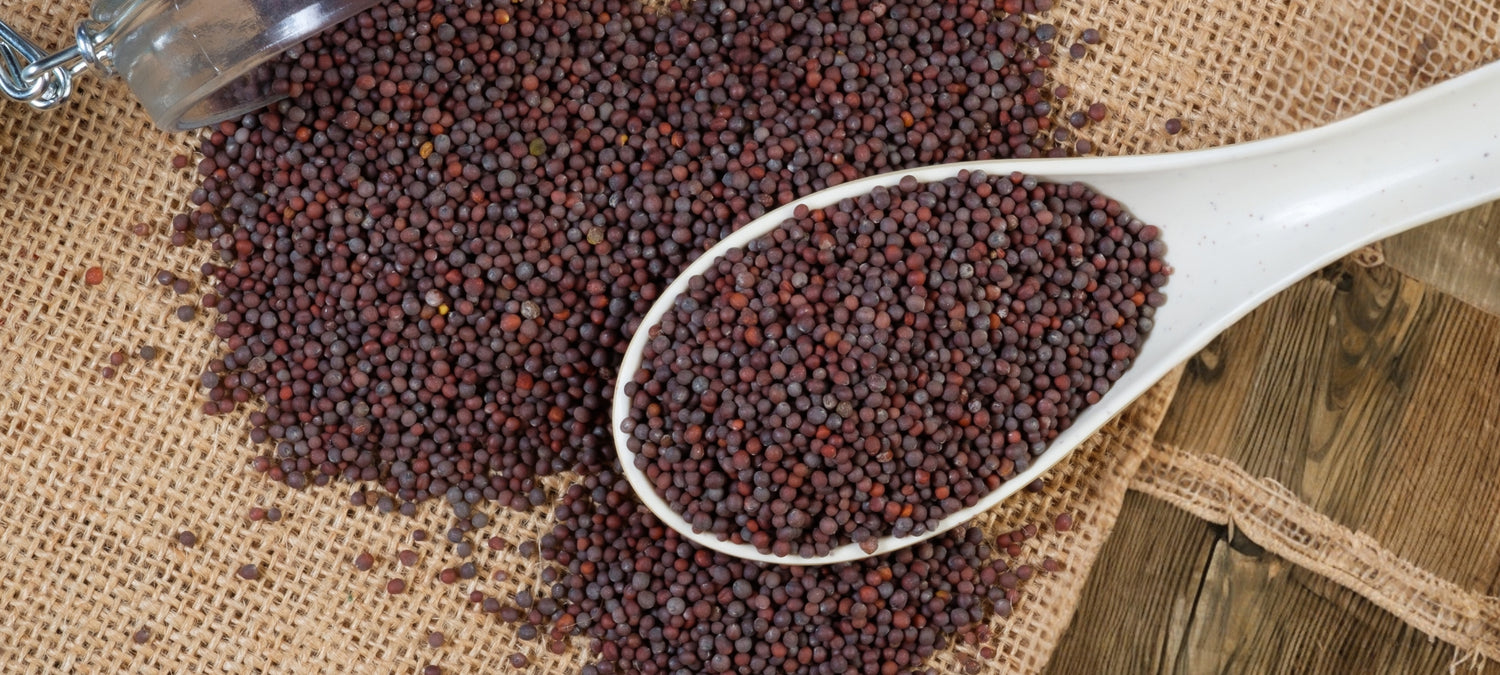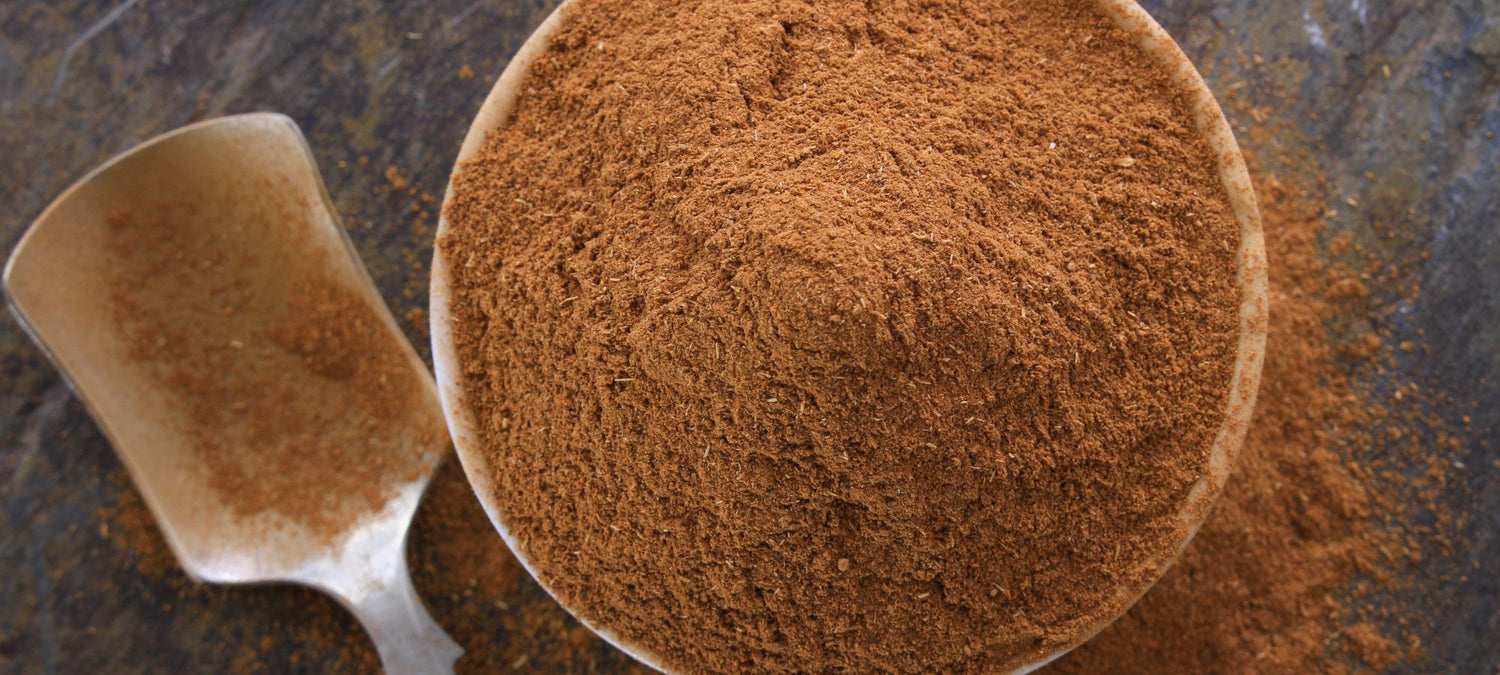In today's health-conscious world, the demand for herbs, whether for culinary, medicinal, or therapeutic purposes, has significantly escalated. This surge in interest has led to an increased demand for herbs in bulk and wholesale quantities, catering to both individual enthusiasts and businesses alike. As consumers become more aware of their health and the environment, the source of these herbs has become a topic of much importance.
Enter regenerative farming, a beacon of hope in modern agriculture. This approach goes beyond sustainable practices, focusing on rejuvenating the soil, increasing biodiversity, and restoring ecosystems. At its heart, regenerative farming is about creating a closed-loop system that nurtures the land it uses. This method of agriculture is gaining traction, not just as a farming practice, but as a crucial step towards a more sustainable and healthy planet.
Against this backdrop, the importance of choosing the right source for bulk herbs becomes clear. This blog aims to explore why regenerative farms, such as I·M·POSSIBLE Farm, stand out as a superior choice for sourcing bulk herbs, in comparison to large industrial herb suppliers. The emphasis on quality, sustainability, and the positive environmental impact makes regenerative farming an invaluable ally in the quest for high-quality herbs.
Understanding Regenerative Farming
Regenerative farming is not just a method; it's a philosophy. It's about working with nature, rather than against it, to produce food that's not only good for us but also for the planet. This approach to agriculture involves practices that regenerate and revitalize the soil and the environment. It is a step beyond sustainable farming; while sustainability aims to maintain resources, regenerative farming seeks to improve them.
The core principles of regenerative agriculture include increasing soil fertility, promoting biodiversity, and fostering ecosystem health. Techniques such as crop rotation, composting, and minimal soil disturbance play a vital role. This approach creates a thriving environment for plants to grow without the heavy reliance on chemical fertilizers and pesticides.
At I·M·POSSIBLE Farm, these principles are not just guidelines but a way of life. By adopting Korean Natural Farming (KNF) methods, the farm utilizes indigenous microorganisms to enrich the soil, leading to more robust and resilient plant growth. This method of farming does more than just grow plants; it nurtures the entire ecosystem, ensuring that every herb produced is part of a larger cycle of environmental stewardship.
Furthermore, regenerative farming has a significant positive impact on the environment. It aids in carbon sequestration, pulling carbon dioxide from the air and storing it in the soil. This not only combats climate change but also results in richer, healthier soil, which in turn produces more nutrient-dense herbs.
In conclusion, understanding regenerative farming is crucial when considering the source of your bulk herbs. By choosing herbs from farms that employ these practices, you are not only getting a superior product but also contributing to a healthier planet.
The Benefits of Regenerative Agriculture for Herbs
Regenerative agriculture isn't just a practice; it's a boon to the quality of herbs we consume. When herbs are cultivated through regenerative farming practices, they are nurtured in a rich, natural ecosystem, leading to several notable benefits.
Enhanced Quality and Nutrient Density
- Herbs grown in regenerative farming systems are often more nutrient-dense. The rich, organically enriched soil fosters robust plant growth, leading to herbs that are packed with essential oils, vitamins, and minerals. This is not just a claim; it's a result of the soil's improved health, as regenerative practices increase the soil's organic matter, thereby enhancing its nutrient-holding capacity.
Improved Potency
- The potency of an herb is largely determined by its environment. Regenerative farming ensures that herbs are grown in optimal conditions without the use of synthetic chemicals. The use of natural composts and fertilizers, along with the maintenance of soil health, contributes to the increased concentration of active compounds in these herbs. This means that whether used for culinary purposes or therapeutic applications, these herbs can offer more significant benefits.
Superior Flavor
- Flavor is a direct reflection of an herb's growing conditions. Herbs from regenerative farms often have a more intense and distinct flavor profile. This is because stressors like drought and pest pressure, which are managed naturally in these farming systems, can actually lead to a concentration of flavor compounds in the plants. Chefs and culinary enthusiasts often seek out these herbs for their unparalleled taste and aroma.
Longevity and Shelf Life
- Herbs from regenerative farming systems tend to have a longer shelf life. Healthy soils produce strong, resilient plants, which translates to herbs that retain their quality for a longer period post-harvest. This is a crucial factor for both consumers and suppliers of bulk herbs, as it ensures the longevity of the product without compromising on quality.
In essence, the benefits of regenerative agriculture for herbs are clear and multifaceted. By choosing herbs from regenerative farms, consumers and businesses are not only receiving a product of superior quality but are also supporting farming practices that have a profound positive impact on the environment.
Bulk Organic-Like Herbs from Regenerative Farms
While regenerative farms like I·M·POSSIBLE Farm may not explicitly label their herbs as "organic," the practices they employ often align closely with the principles that define organic agriculture. This alignment is crucial in understanding the quality and benefits of herbs produced through regenerative farming.
Alignment with Organic Principles
- Regenerative farming practices mirror many key elements of organic agriculture. This includes the avoidance of synthetic pesticides and fertilizers, which is a cornerstone of organic farming. Instead, natural alternatives like composting and the use of beneficial microorganisms help in maintaining soil health and plant growth.
- Crop diversity, another principle common to both regenerative and organic farming, helps in maintaining soil health and reducing pest outbreaks naturally. This diversity not only benefits the soil but also creates a more resilient farming system.
- The commitment to not using genetically modified organisms (GMOs) is also shared between regenerative and organic farming. This ensures that the herbs retain their natural genetic makeup, which many consumers seeking organic products value.
Natural and Eco-Friendly Methods
- The methods used in regenerative farming are inherently eco-friendly. Techniques such as minimal soil disturbance, cover cropping, and the use of on-site natural resources minimize the environmental footprint. These methods lead to the conservation of water, improvement of soil quality, and reduction of erosion.
- Regenerative farming also emphasizes the health of the entire ecosystem. By enhancing biodiversity and using natural cycles to manage fertility and pests, these farms create a balanced environment that is conducive to growing high-quality herbs.
Impact on the Final Product
- The natural methods used in regenerative farming have a direct impact on the final product. Herbs from these farms are often more robust in flavor and aroma, as the plants are grown in a stress-free environment that allows them to develop fully.
- The absence of synthetic chemicals means that these herbs are cleaner and safer for consumption. Consumers who are conscious about their health and the environment can trust that these herbs are produced in a way that aligns with their values.
In essence, while not labeled "organic," herbs from regenerative farms offer a product that is very much in line with what consumers expect from organic herbs. The commitment to natural, eco-friendly farming methods not only ensures the quality of the herbs but also supports a healthier planet.
The Advantage of Choosing Regenerative Farms for Wholesale Herbs
Opting for regenerative farms as a source for wholesale herbs presents numerous long-term benefits, both for consumers and businesses. This choice is not only a nod to quality but also a commitment to supporting environmentally responsible farming practices.
Long-Term Benefits for Consumers
- Health and Quality: Consumers are increasingly concerned about the origin and quality of their food. Herbs sourced from regenerative farms are grown without synthetic chemicals and in a nutrient-rich environment, ensuring a purer and potentially healthier product.
- Environmental Impact: By choosing herbs from regenerative farms, consumers are indirectly contributing to environmentally sustainable practices. These practices, such as carbon sequestration and biodiversity enhancement, have a lasting positive impact on the planet.
- Support for Sustainable Practices: Purchasing herbs from regenerative farms means supporting a system that prioritizes the health of the soil and the environment. This consumer choice encourages and sustains such eco-friendly initiatives.
Long-Term Benefits for Businesses
- Sustainable Supply Chain: Businesses sourcing herbs from regenerative farms contribute to a sustainable supply chain. This approach can be a significant part of a business’s corporate social responsibility (CSR) strategy, appealing to environmentally conscious consumers.
- Market Differentiation: Offering products sourced from regenerative farms can set a business apart in the market. It taps into the growing consumer demand for products that are not only high in quality but also environmentally responsible.
- Longevity and Quality Consistency: Regenerative farming practices ensure soil health and plant resilience, leading to a more consistent and long-lasting supply of high-quality herbs.
I·M·POSSIBLE Farm's Commitment
- I·M·POSSIBLE Farm stands as a testament to the effectiveness and benefits of regenerative farming. By embracing Korean Natural Farming (KNF) and other regenerative practices, the farm ensures that its herbs are of the highest quality and grown in an environmentally responsible manner.
- The farm's commitment extends beyond herb cultivation to fostering a holistic, balanced ecosystem. This approach not only benefits the current crops but also ensures the sustainability and productivity of the land for future generations.
In conclusion, the choice to source wholesale herbs from regenerative farms like I·M·POSSIBLE Farm is a decision that offers significant advantages. It aligns with a growing global movement towards environmental stewardship and provides consumers and businesses with a product that is superior in quality and sustainability.
In this article, we've explored the significant advantages of sourcing herbs from regenerative farms, like I·M·POSSIBLE Farm, as opposed to large industrial suppliers. Key points include:
- The Quality of Herbs: Regenerative farming practices ensure that herbs are grown in a nutrient-rich, natural environment, leading to higher quality in terms of potency, flavor, and longevity.
- Environmental Benefits: These practices align closely with organic principles and emphasize sustainability, contributing to soil health, biodiversity, and reduced environmental impact.
- Consumer and Business Advantages: Choosing regenerative farms supports a sustainable supply chain, aligns with eco-friendly values, and provides a product that is both high in quality and environmentally responsible.
As we become more conscious of our impact on the planet, it's crucial to consider how even our smallest decisions, like where we source our herbs, can contribute to a larger change. By choosing herbs from regenerative farms, you're not only opting for a superior product but also supporting farming practices that have a positive impact on the environment.
We encourage you to explore the diverse range of high-quality herbs offered by Sacred Plant Co. For more insight into the differences between industrial herb suppliers and our approach, visit our detailed comparison page here. If you're interested in wholesale inquiries or want to understand how we can meet your bulk herb needs sustainably, please visit our wholesale inquiries page. To explore our collection and start making more environmentally responsible choices today, browse our products here.
Remember, each purchase is not just a transaction; it's a step towards a healthier planet and a sustainable future.



